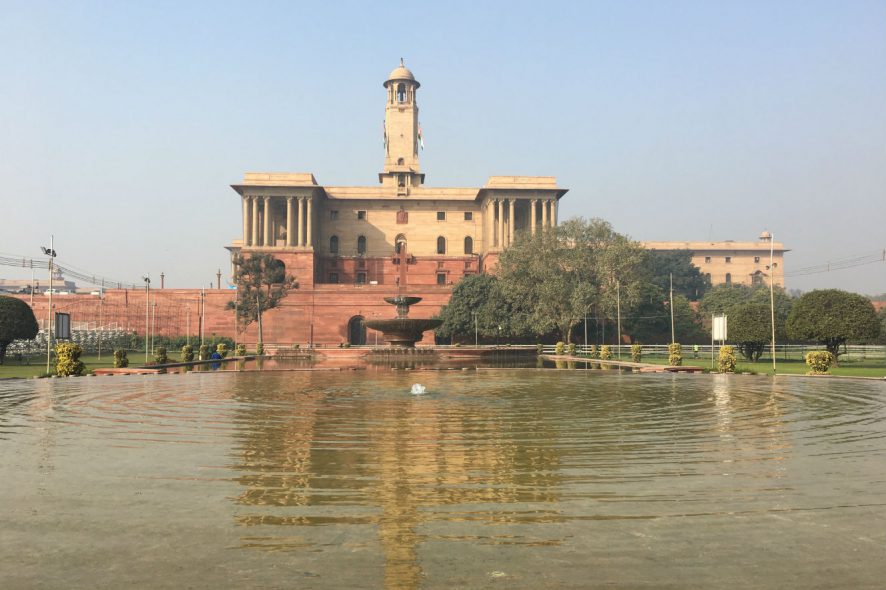Lok Sabha passed the Indian Institutes of Information Technology Laws (Amendment) Bill, 2020 in New Delhi. The Indian Institutes of Information Technology Act of 2014 and Indian Institutes of Information Technology (Public-Private Partnership) Act, 2017 are the unique initiatives of the Government of India to impart knowledge in the field of Information Technology to provide solutions to the challenges faced by the country.
Introduction of the Indian Institutes of Information Technology Laws (Amendment) Bill, 2020 will amend the principal acts of 2014 and 2017. It will grant statutory status to five Indian Institutes of Information Technology in Public Private Partnership mode at Surat, Bhopal, Bhagalpur, Agartala and Raichur and declare them as Institutions of National Importance along with already existing 15 Indian Institutes of Information Technology under the Indian Institutes of Information Technology (Public-Private Partnership) Act, 2017;
Background
(i) IIITs are envisaged to promote higher education and research in the field of Information Technology.
(ii) Under the Scheme of Setting up of 20 new IIITs in Public Private Partnership (IIIT PPP) mode as approved by the Union Cabinet on 26.11.2010, 15 IIITs are already covered by the IIIT (PPP) Act, 2017, while remaining 5 IIITs are to be included under the Schedule of the Act.
Implementation Strategy and targets
The objective of the present proposal is for formalization of IIITs at Surat, Bhopal, Bhagalpur, Agartala and Raichur. After passage of the Act by the Parliament, they will be covered under the IIIT (PPP) Act, 2017, similar to the other 15 IIITs established under the scheme in PPP mode.
No. of beneficiaries
The emerging needs of the industry and the economy, as a whole for skilled technical manpower is expected to be met from the talent pool of trained personnel of the institutes.
States/districts covered
States: Gujarat (Surat), Madhya Pradesh (Bhopal), Bihar (Bhagalpur), Tripura (Agartala), Karnataka (Raichur).
Every Institute shall be open to all persons irrespective of gender, caste, creed, disability, domicile, ethnicity, social or economic background.
Ministry of Human Resource Development
[Source: PIB]
[Press Release dt. 20-03-2020]







